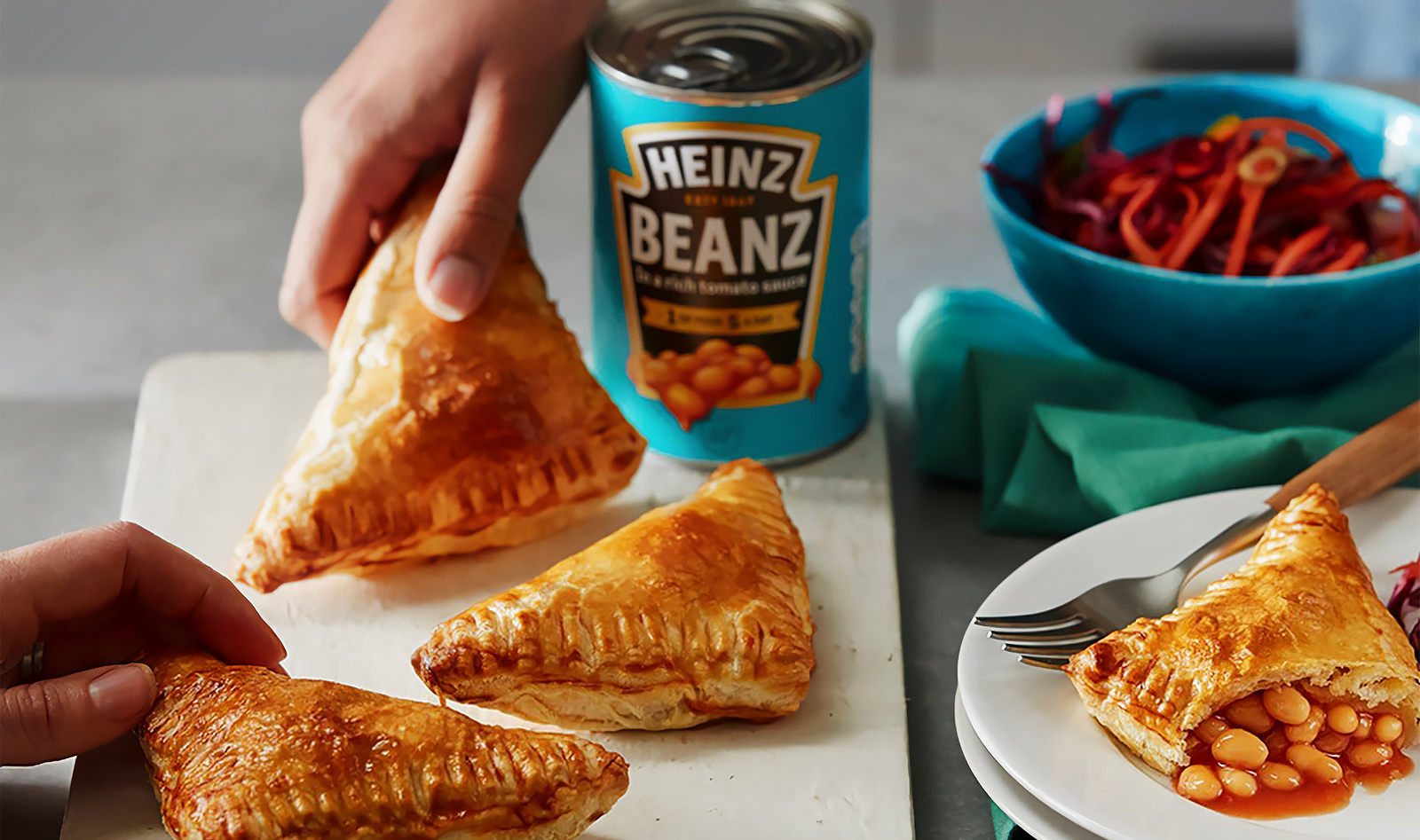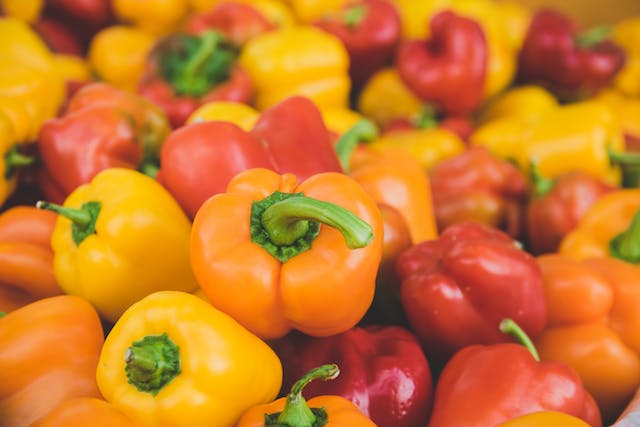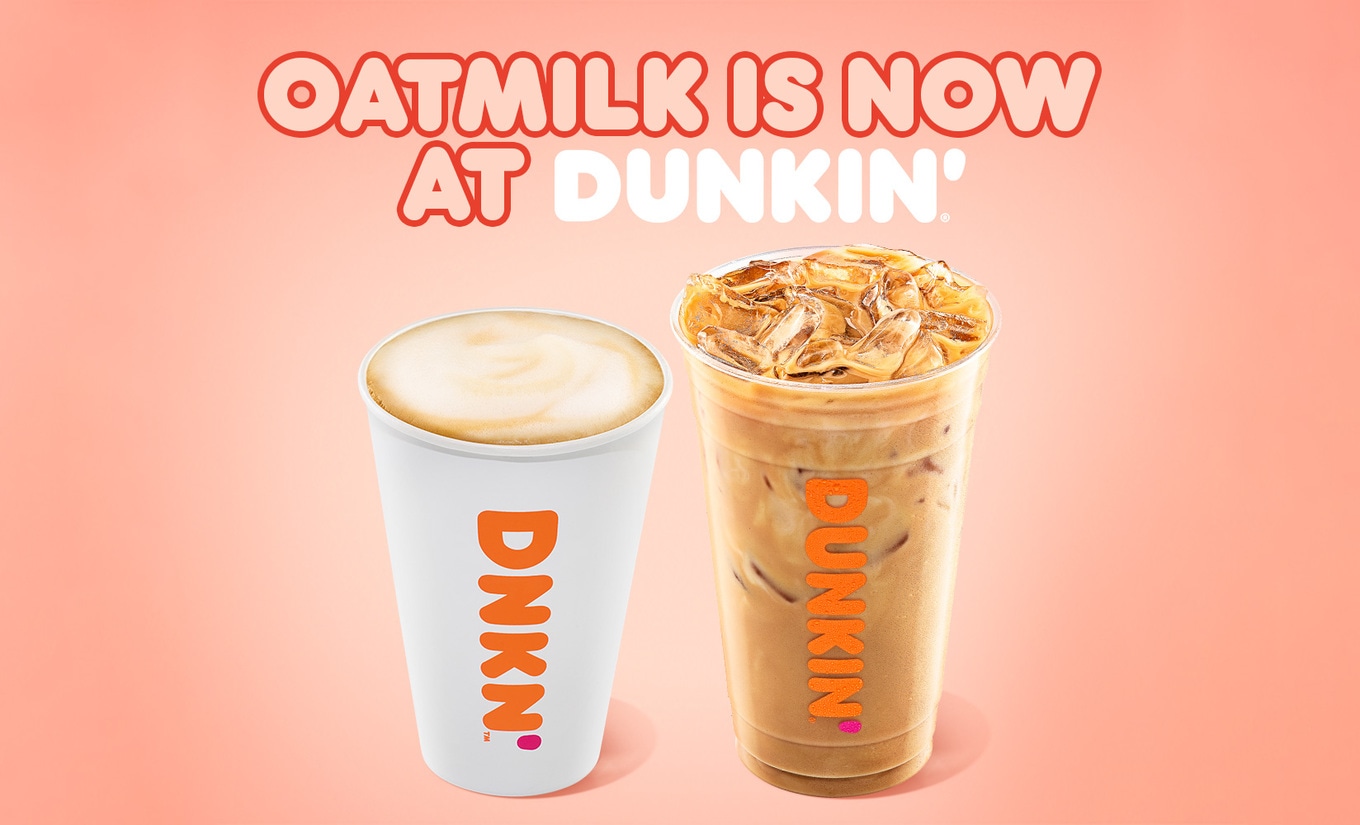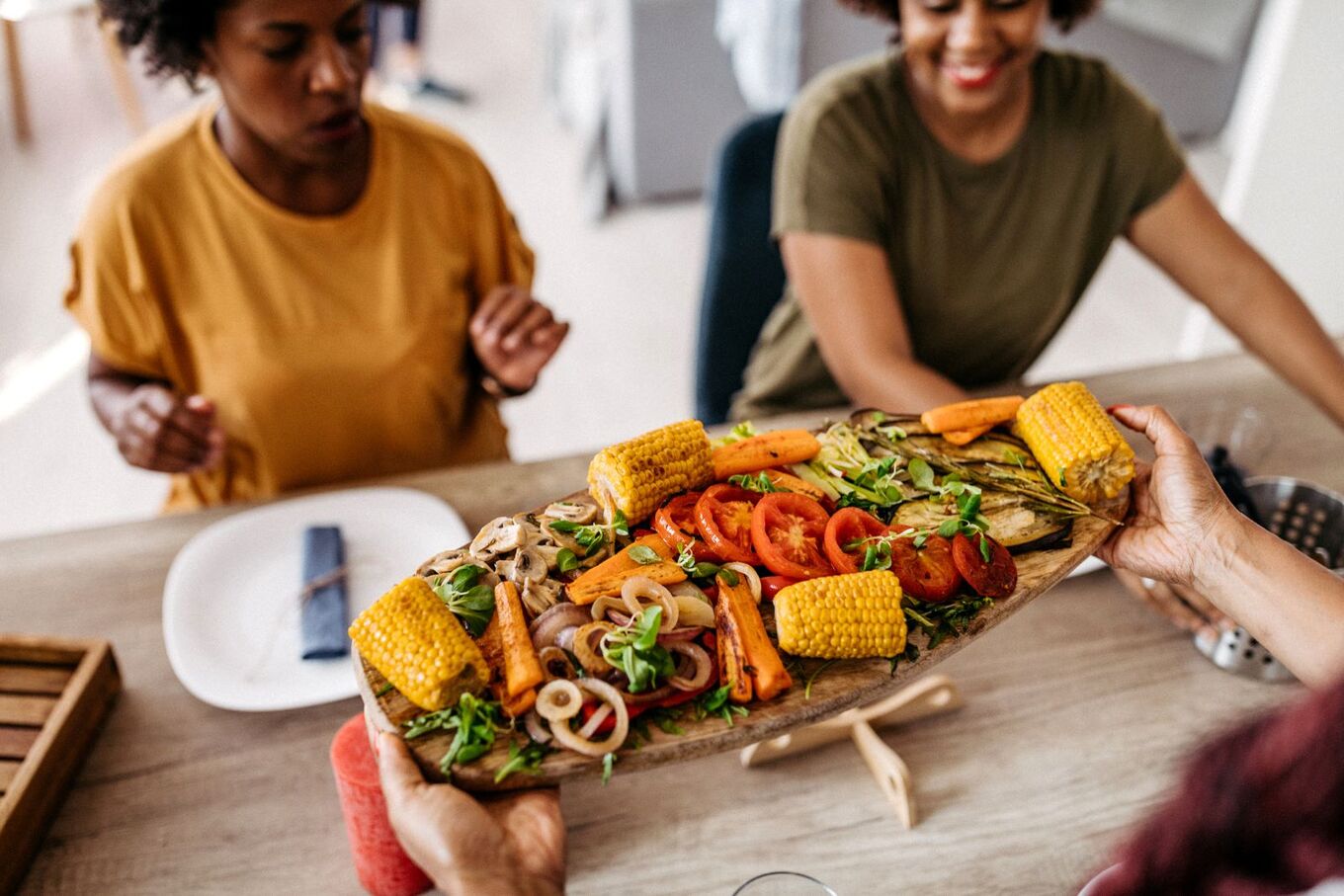After screening at the first immersive vegan experience in Los Angeles and winning awards such as “Best Indie Short” from Cannes World Film Festival and “Best Short Film” from Carpe Diem, The Next Girl is now available for all to view on YouTube.
Produced by Vkind Studios, The Next Girl unfolds a chilling tale of oppression, heartbreak, and the enduring power of hope. The film takes place in a dystopian realm, where enslaved young girls are condemned to a life devoid of bodily autonomy, forced to bear children in the cold, dark cells of a slaughterhouse that serves as both cradle and prison. Separated from their mothers, the stolen children grow up in isolation, their dreams of utopia shattered by the harsh reality of their existence.
The narrative centers around Jamie Logan, who clings to the vague memories of a mother she barely knows, but her dreams of freedom and the warmth of the sun on her face propel her forward through the darkness.
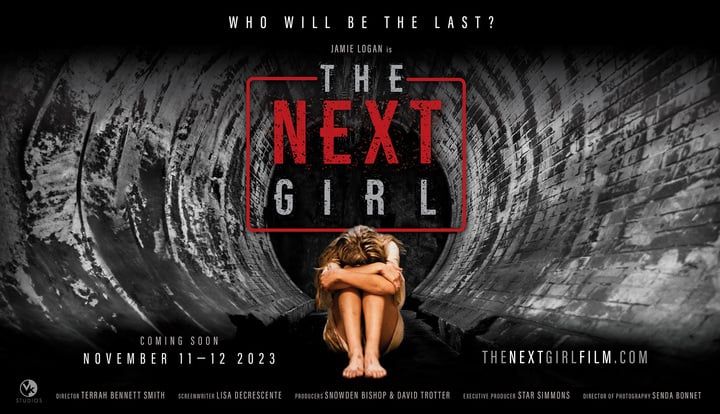 VKind
VKind
The film shares a poignant moment as The Next Girl becomes a mother herself. Cradling her newborn against her chest, she experiences a rush of unfamiliar emotions—love, vulnerability, and a yearning for a connection she never had. Yet, the cruel fate that binds them intervenes, forcing her to place an amulet of doom around her daughter’s neck, condemning her to the same fate of separation and suffering.
Table of Contents
An underlying message about dairy
Although the film features human mothers and children, there is an underlying message that is revealed near the end. Through the lens of Lisa DeCrescente, the screenwriter and executive producer, the film aims to reveal a world too often ignored or misunderstood.
“In my advocacy, I have encountered more individuals who seem to get in their own way of learning the truth and allowing themselves to be educated,” DeCrescente tells VegNews.

Pexels
DeCrescente’s vision is clear: to prompt viewers to reconsider their buying choices. “My goal was to offer the viewer a glimpse into a world they refuse to acknowledge or know little about—to create a new conditioned stimulus in their minds that will permeate their psyche and alter their decision-making power when buying and/or consuming dairy products,” DeCrescente says.
The film’s executive director, Star Simmons, underscores the importance of an open dialogue sparked by the film. Simmons says the panel discussions surrounding the film have proven to be eye-opening, prompting vegans to recommit to their passions, vegetarians to eliminate dairy from their diets, and non-vegans to appreciate a perspective they might otherwise have overlooked.
“An open dialogue is the best scenario we can hope for amongst those who are ready to engage. Here lies the true path, and this film lays that groundwork,” Simmons tells VegNews.
With the decision to stream the film on YouTube, the creators aim to reach a broader audience. They see it as an opportunity to engage not only with those already committed to the cause but also with non-vegans who may stumble upon the film through creative marketing campaigns. The film’s presence on Unchained TV and potential distribution on other platforms further underscore its commitment to widespread accessibility.
Turning oppression into compassion
The choice to set the film in a dystopian world was deliberate, Simmons says. The suffering and injustice depicted are not distant concepts but rather something the viewers can physically, psychologically, and emotionally relate to—a potent reflection of a dystopian reality.
“The story from birth was designed to offer a visceral portal for the audience member, whereby they not intellectually but rather physically, psychologically, and emotionally relate to a society with great suffering or injustice. This is the very definition of dystopian,” Simmons says.
Simmons notes that shooting the film in Tucson, AZ in the middle of summer was excruciating for the entire team—the days’ temperatures reached 120 degrees and there was no air conditioning in the old slaughterhouse where the shoot took place, except the office. “But what our team experienced those four days was nothing compared to what the animals endure every second of every day,” Simmons points out.
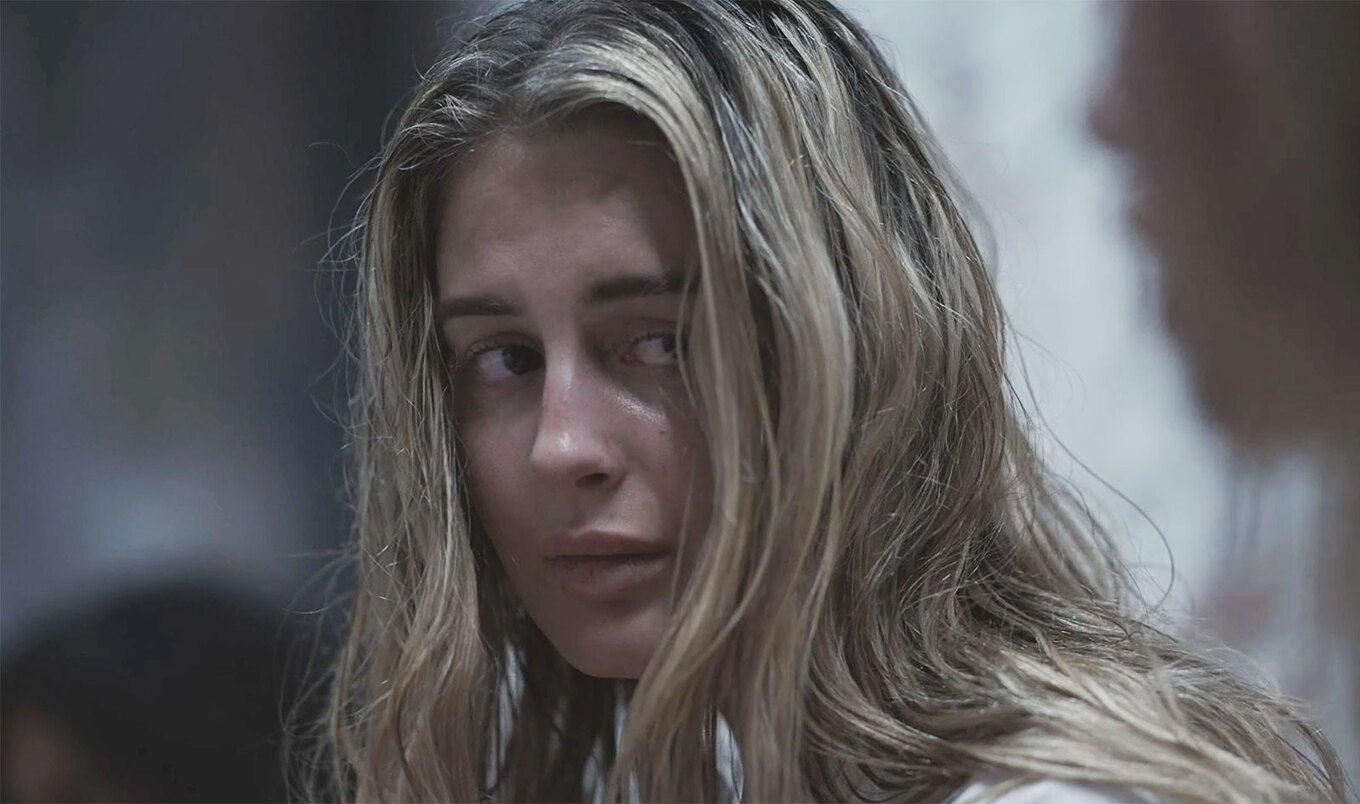 VKind
VKind
The film is not just a cinematic creation; it’s a call to action, an invitation to challenge the oppressive mind, and an opportunity to turn oppression into compassion.
“Our community must address and emphasize the root problem: the oppressive mind. When we focus on the victims, we leave ourselves vulnerable to criticism from the rest of the world. Our message is then jeopardized by the accusations of ‘comparing’ species—human animals to non-human animals, companion animals to farmed animals, and such,” DeCrescente says. “Including ‘a comparison’ only invites the implication of difference into the equation, which there is none when victims are involved.”



